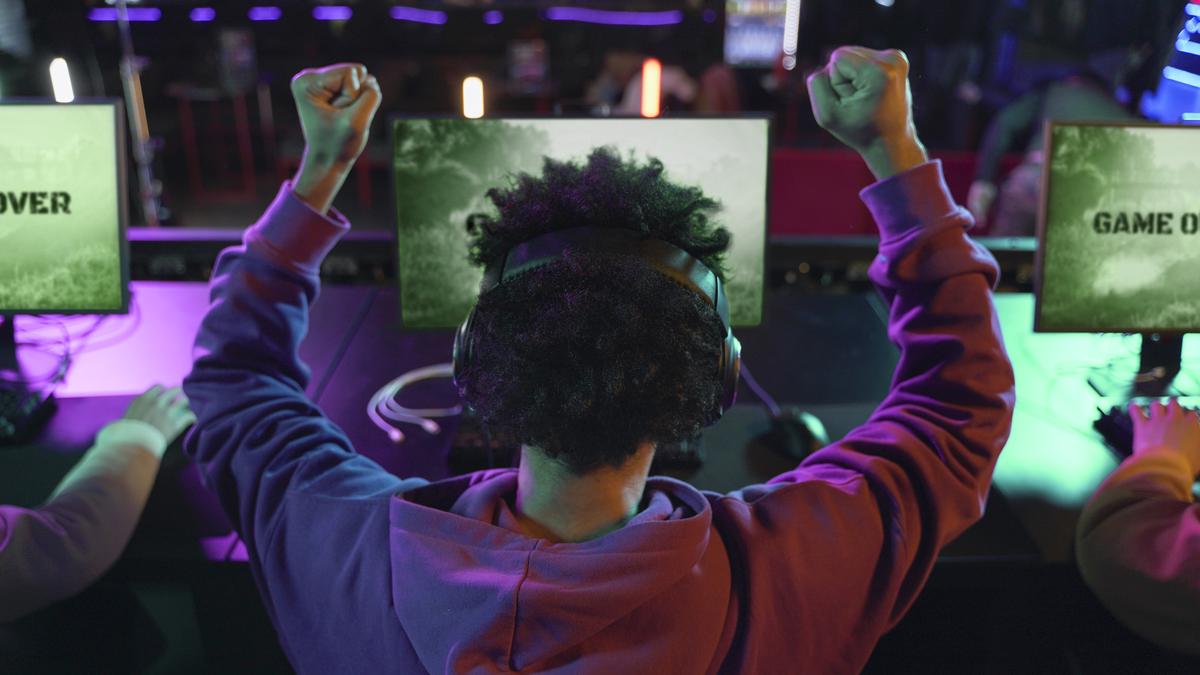Real money gaming firms — an industry that allows users to risk money on fantasy sports, poker, rummy and so on — are dipping their toes into prediction markets, allowing users to wager on the outcome of real world events. With this new shift, firms like Probo are trying to emulate the legal successes of other firms whose offerings have been upheld as legitimate in courts.
In the past week, two papers argued that prediction markets (or “opinion trading”) are skill-based activities.
If courts agree with this assessment — supported by an IIT Delhi professor-authored study commissioned by Probo and a policy paper by the Delhi-based Evam Law & Policy — then betting on real life events, long seen as a gambling, would instead be classified as gaming, hampering States’ ability to curb such firms from soliciting bets from players.
How it’s structured
Prediction markets are structured in a straightforward way: two or more groups of people wager on whether an event will happen or not, and after the platform hosting the wager takes a cut, the pooled money is distributed to the group whose prediction comes true. For instance, Probo’s opinion trading platform is accepting bets on the value of Bitcoin later in the day, whether the Dow Jones composite will reach a certain value, the outcome of the next Indian Premier League match, and even the result of a match in the Pakistan Super League, which is not even streamed in India.
In the Probo-commissioned paper co-authored with an employee of the company, Amitabha Bagchi, a professor of computer science at IIT Delhi, assessed that “opinion trading is a skill-based game,” and said that data analysed from Probo supported this conclusion. The authors reasoned that characteristics that apply to games of skill — such as a “gradient” among users, with some outperforming others consistently, and of individual players getting better over time — apply to opinion trading.

A likely law?
The question is likely to be settled by legislation. While betting on sports directly is regulated by States (under the “betting and gambling” clause in the Constitution), at least three high courts have upheld the legality of daily fantasy sports, where players assemble their own rosters and teams, and real life performance impacts the outcome of their assembled rosters.
It remains to be seen whether prediction markets will withstand similar legal challenges. The Bombay High Court is hearing pleas against opinion trading. While, in March, the Supreme Court directed the Gujarat HC to reconsider a PIL on the matter that it had dismissed earlier. The New Indian Consumer Initiative (NICI), a civil society group, has urged the government to ban opinion trading outright.
“Opinion trading platforms often claim to foster skillful engagement, even though their core mechanics align more with betting and gambling for two primary reasons — unpredictable outcomes outside the control or influence of the user and binary decision making,” NICI said in its representation.
“Real world events like elections or cricket matches are influenced by numerous uncontrollable factors, such as weather, voter turnout, or last-minute strategies and can lean on chance heavily. As a result, the feature of binary ‘Yes/No’ choice in decision-making can strip away the complexity of analysis, making outcomes akin to flipping a coin or chance.”
Published – April 27, 2025 06:05 am IST
#Opinion #market #advocates #game #skill #face #civil #society #opposition
Real money gaming firms,Online gambling,gambling in India,Online gaming in India
latest news today, news today, breaking news, latest news today, english news, internet news, top news, oxbig, oxbig news, oxbig news network, oxbig news today, news by oxbig, oxbig media, oxbig network, oxbig news media
HINDI NEWS
News Source


